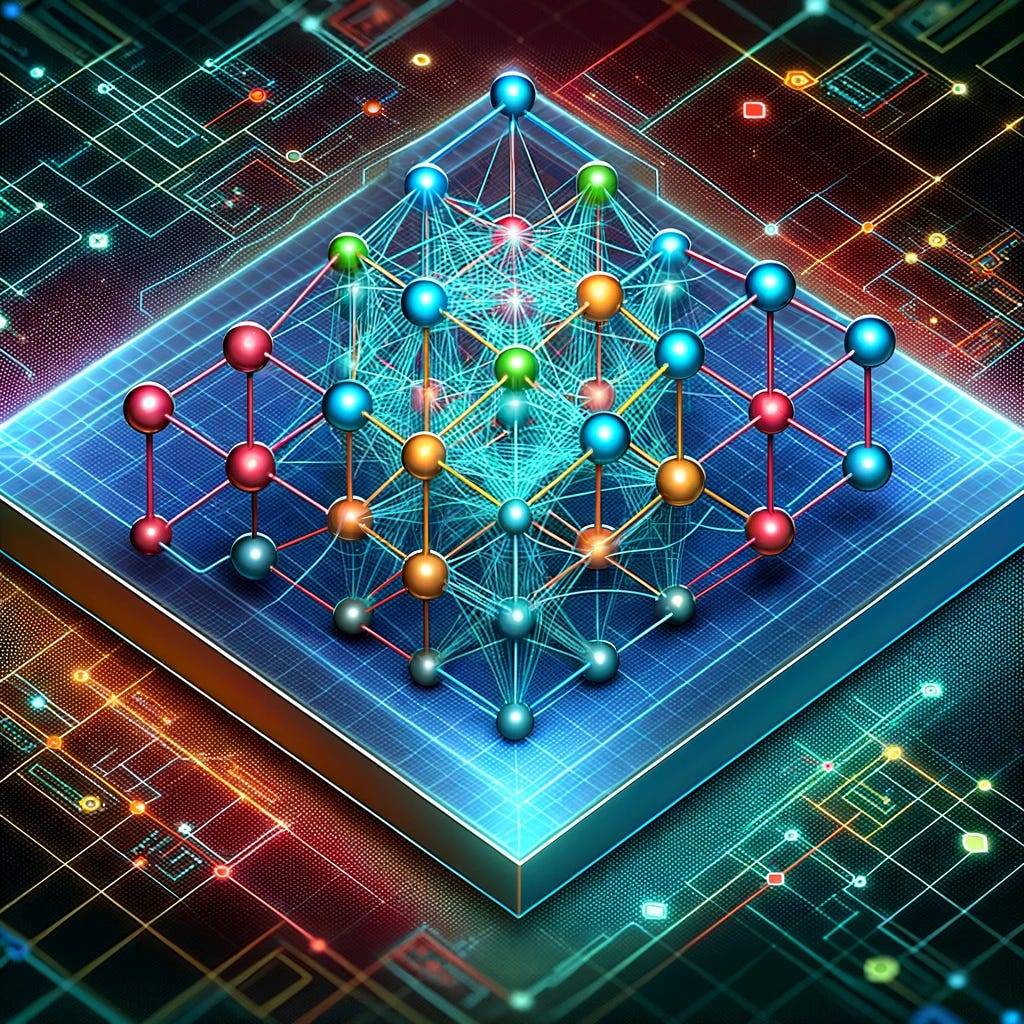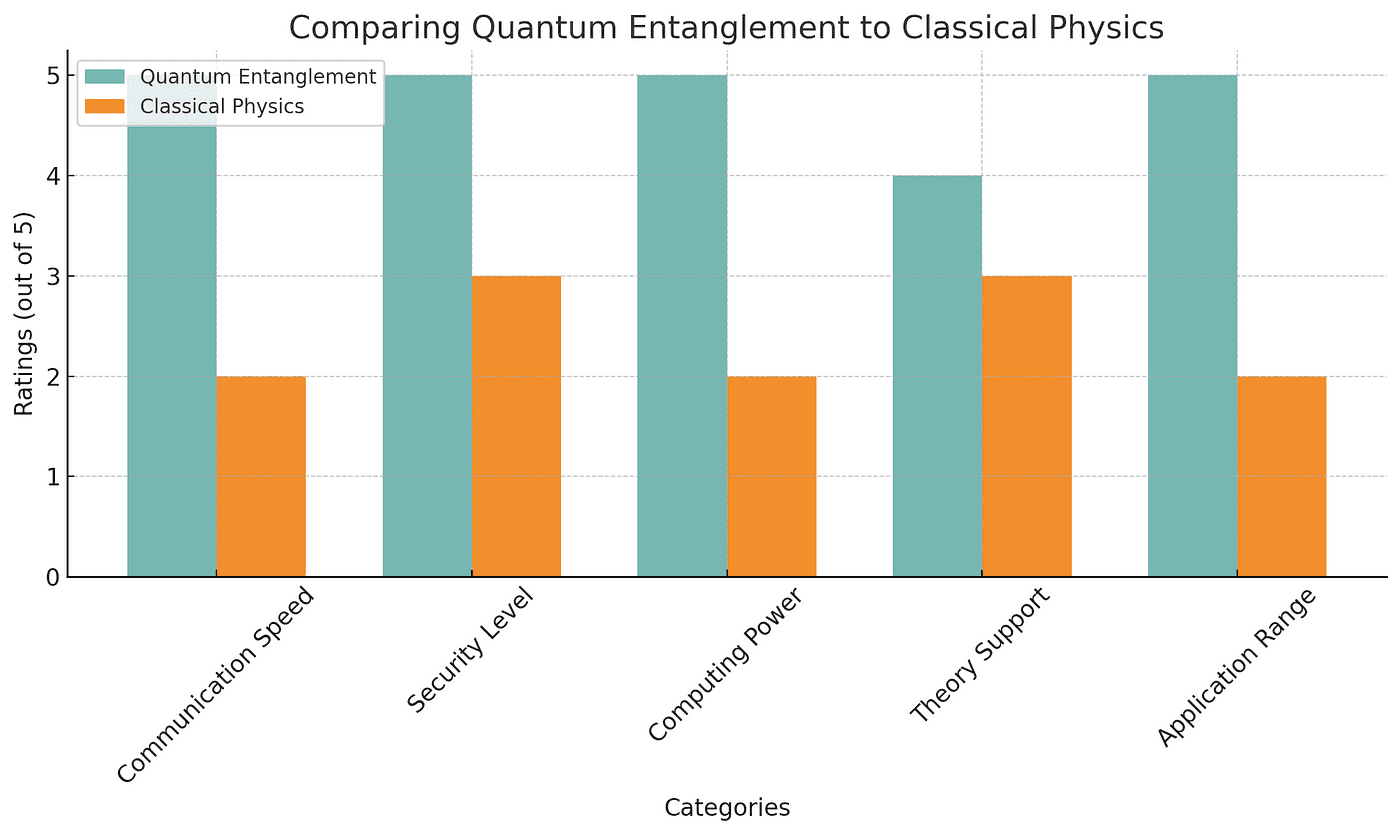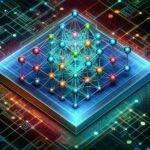
Imagine stepping into a world where particles can be in multiple places at once, where the impossible becomes possible. This is the realm of quantum computing, a fascinating frontier of modern science. Quantum computing isn’t just about speed. It’s about unlocking new capabilities that classical computers can’t achieve. One of the most intriguing aspects of this field is quantum entanglement, a phenomenon that Albert Einstein famously referred to as “spooky action at a distance.” Entanglement allows particles to instantly influence each other, regardless of the distance separating them.
In the vast expanse of scientific discovery, every so often, a paper emerges that challenges the very fabric of our understanding, inviting us to rethink what we know about the universe. The paper from these authors represents such a pivotal moment in the field of quantum computing and entanglement. By delving into the intricate world of graph states and the nuances of quantum entanglement, the authors not only illuminate the complex mechanics behind quantum computing but also lay the groundwork for future technologies that could transform everything from secure communications to solving problems currently beyond our reach. Their work stands as a beacon, guiding both seasoned researchers and the next generation of scientists toward the untapped potential of the quantum realm.
The Heart of Quantum Computing
Entanglement is the backbone of quantum computing. It’s what enables quantum bits, or qubits, to perform complex calculations at incredible speeds. Unlike classical bits, which are either 0 or 1, qubits can be in a state of 0, 1, or both simultaneously, thanks to entanglement. This ability to be in multiple states at once is called superposition, and it’s what gives quantum computers their potential power.
The Blueprint of Quantum Networks
Graph states are the architectural blueprints for quantum computing. Imagine a network where each node represents a qubit and the connections between them, known as edges, represent the entanglement. These graphs are theoretical constructs but also, are practical tools used to design quantum algorithms and experiments. They help scientists understand how qubits can be interconnected and manipulated to perform complex calculations.
The Quantum Detectives
Detecting entanglement isn’t straightforward. Entanglement witnesses are like detectives in the quantum world, providing evidence of entanglement’s presence. These mathematical tools allow scientists to infer the existence of entanglement without directly observing it, which is crucial in validating the performance of quantum computers.
The Frontier of Quantum Experiments
Quantum experiments are the testing grounds for the theories of quantum computing. Through meticulous design and execution, scientists can prepare, manipulate, and measure qubits in various states. These experiments are essential for advancing our understanding of quantum mechanics and for developing new quantum computing technologies.
Instant Communication Across Distances
Entanglement allows particles to communicate almost instantly, albeit not defying the speed of light limit for information transfer.
Teleportation’s First Steps
Quantum teleportation uses entanglement to transmit information, paving the way for secure communication.
Unbreakable Encryption
Quantum entanglement is the basis for quantum cryptography, promising communications secure from any eavesdropping.
Parallel Universes Theory
Some interpretations of quantum mechanics suggest entanglement could be evidence of parallel universes.
Quantum Computing Power
Entanglement is key to the exponential speedup in computing, enabling tasks that classical computers find intractable.

This graph above provides a visual comparison between the capabilities of quantum entanglement and classical physics across five key categories: Communication Speed, Security Level, Computing Power, Theory Support, and Application Range. It shows how quantum entanglement outperforms classical physics in nearly all aspects, highlighting the revolutionary potential of quantum computing.
A Hopeful Glimpse Into the Future
Quantum entanglement, with its perplexing yet fascinating characteristics, stands at the heart of quantum computing’s promise. It challenges our classical understanding of the world and opens up a universe of possibilities. From revolutionizing computing, securing our communications, to even unraveling the mysteries of the universe itself, the potential is as boundless as it is inspiring. As we stand on the brink of this quantum revolution, the future shines bright with the promise of discoveries that today we can barely imagine. Together, let’s step forward into this exciting unknown, eager to unlock the secrets that quantum entanglement holds.
About Disruptive Concepts
Welcome to @Disruptive Concepts — your crystal ball into the future of technology. 🚀 Subscribe for new insight videos every Saturday!







